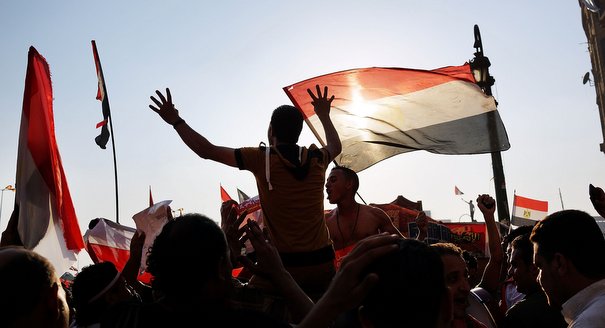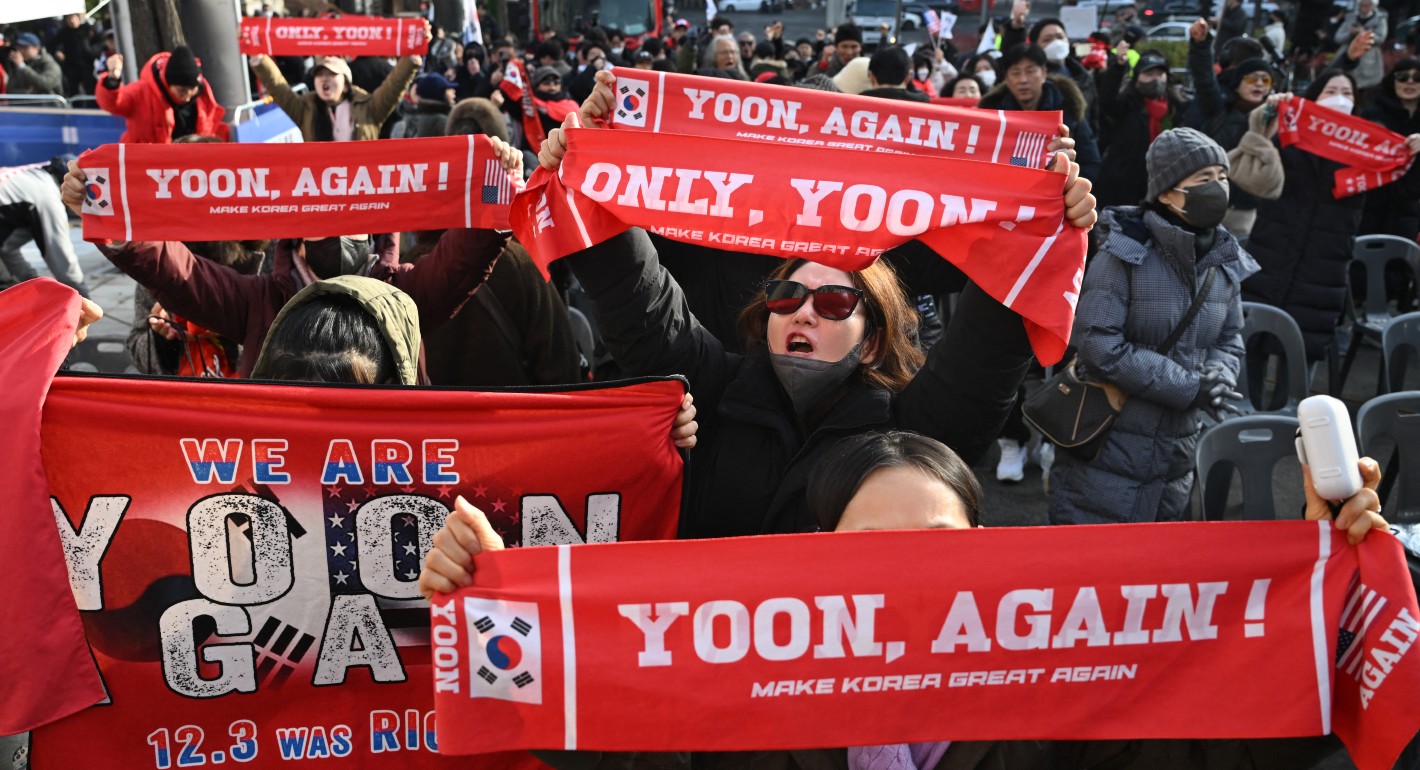Source: Alliance Magazine
Following the ousting of President Hosni Mubarak in February 2011, Egypt experienced a surge of conferences, workshops and other events featuring comparative lessons about democratic transitions, sponsored by a wide range of foreign organizations. Many of these events highlighted experiences from post-1989 Central and Eastern Europe, invoking the optimism that ensued after the fall of the Berlin Wall. Transition veterans arrived from other parts of the world as well – including South African experts on transitional justice, South American specialists on civil-military relations, Indonesian politicians knowledgeable about democratic inclusion of political Islamists, Indian advisers on transitional elections, and UN and EU advisers on constitutional and legal reform. Several years down the road the results of this wave of lesson sharing appear uncertain, at best.
Undoubtedly some Egyptians gained useful pieces of knowledge from other countries about post-authoritarian pitfalls. But the larger picture with regard to impact is not encouraging: Egypt’s principal political actors have repeatedly violated almost all of the received ‘best practices’ of democratic transitions. In fact, the very lessons that the visiting experts most frequently emphasized – such as the importance of transitional justice, civilian control over the military, inclusive political approaches, and avoiding winner-takes-all strategies – are among the most glaring failures of Egypt’s attempted democratic transition to date.
Falling Short
How did the efforts at lesson sharing fall short? To start with, they inadequately addressed the natural resistance among many people in almost any country to embrace foreign ideas about sensitive political issues, even at a time of political opening. Such resistance was especially marked in Egypt, given the country’s strong sense of national identity combined with the negative legacy of past episodes of foreign involvement in the country’s political life. Visiting transition experts typically appealed to what they believe to be a spirit of universality about political values. Although well intended, such appeals were not crafted to speak effectively to Egyptians.
Various shortcomings afflicted the basic methods of these initiatives. The countless conferences and workshops sometimes attracted significant numbers of serious participants. But they rarely fostered badly needed dialogues within the different segments of the overall political scene. Participants were usually the converted or at least the curious with respect to the featured issues. They were infrequently drawn from those circles unenthusiastic about or actively opposing the issues at stake, whether it was transitional justice, gender equality, or civilian control of the military. The audience often did not include the political actors who would be necessary to create a broader political will to absorb lessons or senior and middle management in the very institutions that needed to apply those lessons.
Moreover, the events often presented transitional lessons as generalized wisdom extracted from multiple national experiences rather than focusing on the specific features of the Egyptian scene. Thus, for example, presentations of how Brazil managed to put its military ‘back in the barracks’ failed to examine the significant differences between the role of the Egyptian and Brazilian militaries in the formation of each country’s state. Lectures on Indonesia’s incorporation of moderate Islamists did not probe the significant differences between Indonesia’s and Egypt’s political Islamists.
A related shortcoming was the tendency of outside actors seeking to support democratization in Egypt to assume that those who had mobilized and driven Mubarak out of power would continue to drive the new post-Mubarak political process. In fact, others, especially the Muslim Brotherhood and ‘deep state’ power structures, actively contested for and took over control of the transition process. As a result, assistance efforts designed to help moderate, pro-reform actors identify and choose appropriate policies neglected the much more basic need to help strengthen these actors vis-à-vis tenacious challengers.
Lessons to be learned
Various lessons follow from this brief retrospective look:
- Notwithstanding apparently common features of transitions like massive citizen protests or the dramatic flight of dictators, each new transition must be approached in terms of its own specific political dynamics, not an imagined natural transitional path. This is especially true concerning the continued existence of underlying power structures that may appear to have been swept away but in fact are lying low, waiting for the opportunity to reassert themselves.
- No matter how exhilarating and inspiring an initial transition moment is, and how wide the apparent consensus for change, outside actors should assume that the transition is precarious, subject to capture by predatory actors or to going off the rails in other ways very quickly.
- Knowledge-related undertakings should not just look at foreign experiences of political change but help citizens relate the new moment to their own country’s history of political change, avoiding the tempting idea that ‘all has changed’ and that the country’s history is no longer relevant.
- Funders should design conferences and workshops not as ends in themselves but as first steps towards the creation of lasting relationships with local civic and political actors and local implementing institutions.
- Every effort should be made to make conferences and workshops bridge-building events that include actors left out of or hostile to transitions.
- Receptivity to ideas from abroad should not be assumed, but rather viewed as a challenge to be addressed.
- Funders should pace themselves, avoiding the tendency to support a burst of activities in the first year of the transition and then move on to other transition countries. Lessons from abroad will still be relevant for years after a political opening occurs. Moreover, local receptivity to them actually tends to increase not decrease overtime, as the initial transition optimism fades in the face of continued countervailing realities.
This article was originally published in Alliance Magazine.














